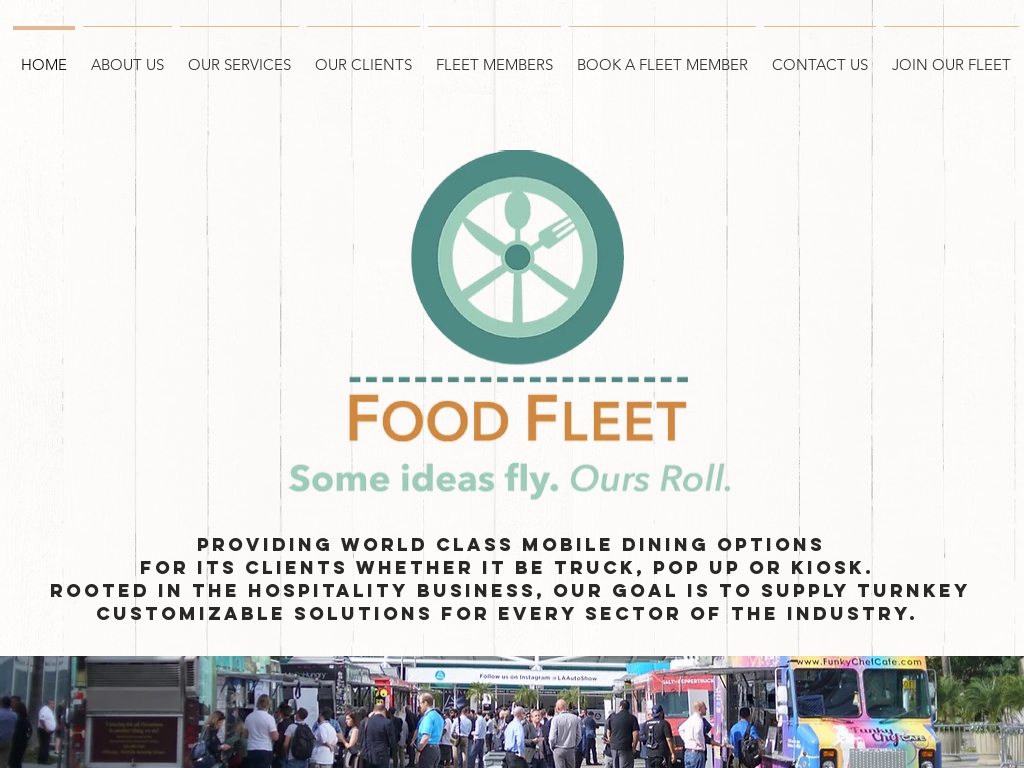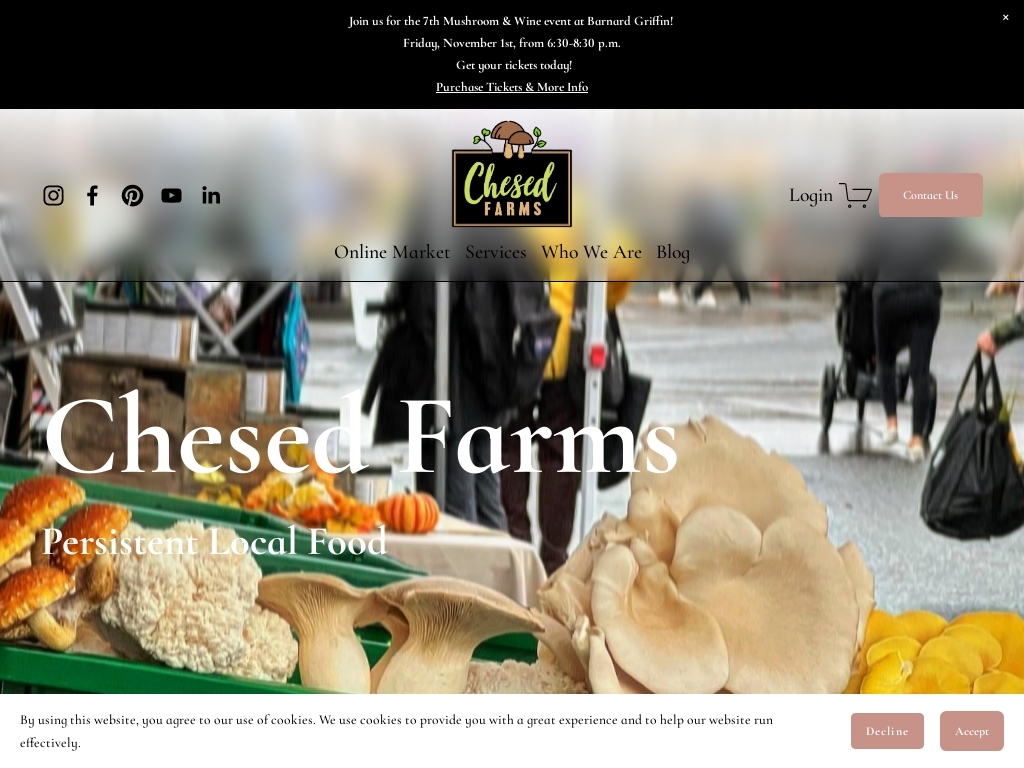
3 Food Supply Business Success Stories [2025]
Running a food supply business offers a rewarding opportunity to meet a universal need. At its core, this venture involves sourcing, transporting, and distributing food products to restaurants, grocery stores, and institutions.
The business hinges on building strong relationships with farmers, wholesalers, and retailers to ensure a consistent flow of high-quality goods. Securing reliable suppliers and efficient logistics networks will be time-consuming, requiring careful planning and negotiation.
However, the work pays off. As the demand for fresh, locally sourced, and exotic foods continues to rise, your role as a food supplier becomes indispensable. You get to be the linchpin of the food industry, ensuring that kitchens are stocked and meals are served. If you have a knack for logistics, a passion for quality food, and the ability to manage complex operations, then running a food supply business could be a fulfilling and profitable endeavor.
In this list, you'll find real-world food supply business success stories and very profitable examples of starting a food supply business that makes money.
1. Food Fleet ($18M/year)
After struggling to find locations to operate their own food truck, the founder took over booking for other trucks and realized the need for a turnkey service for corporations. They used their 35 years of food service experience to provide solutions and help the trucks with everything from food safety to insurance. Their unique approach, along with their understanding of the hospitality business, has allowed Food Fleet to secure national contracts with major companies and achieve significant growth.
How much money it makes: $18M/year
How many people on the team: 6


Food Fleet grew over 160% in just one year and managed over 20 million in sales for its clients, securing multiple contracts with the likes of Sodexo, Levy Restaurants and more, due to its understanding of catering client needs and its advanced turnkey and design services.




2. Send Eats ($4.62M/year)
Chris Koerner came up with the idea for Send Eats when a friend asked for help selling his product online. Seeing the potential for eCommerce, especially during the COVID-19 pandemic, Koerner scaled the business from packing a few orders per month to tens of thousands. They prioritize customer service and have never lost a customer, with plans to expand into a larger warehouse and acquire more eCommerce brands.
How much money it makes: $4.62M/year
How much did it cost to start: $1K
How many people on the team: 8


Learn how Send Eats grew from packing dozens of orders per month to tens of thousands, with a monthly revenue of $385k, by providing lightning-fast order fulfillment for eCommerce brands primarily within Shopify, and how they utilized their personal network and went from shipping out of a bread factory to their own 30,000 sq ft warehouse.




3. Chesed Farms ($200K/year)
Jonathan and Sundown were both struck by the limitations of having fresh, local, and sustainable food sources in Walla Walla, Washington. They noticed the lack of a significant mushroom grower in the area, despite the high demand from local restaurants and health food grocers. This gap in the market prompted them to consider mushroom farming as a viable business opportunity.
Before fully diving in, they engaged in thorough research, including testing different growing methods and visiting local restaurants to understand their needs. They also sought validation by consistently selling their initial small batches quickly, which proved there was a strong local demand for gourmet mushrooms.
Throughout this process, they faced significant challenges, including fumbling through initial trials and adapting to the COVID-19 pandemic's restrictions. Each setback provided critical lessons in persistence and flexibility, which helped refine their approach and solidify their business plan. Their dedication to building strong community relationships aligned with the core value behind the name "Chesed" — embodying loving-kindness through their sustainable farming efforts.
How much money it makes: $200K/year
How much did it cost to start: $5K
How many people on the team: 6


A former tech employee turned farmer, Sundown Hazen transformed a $5,000 garage setup into a thriving gourmet mushroom enterprise by leveraging community-driven social media strategies, bicycle deliveries, and building strong local partnerships, achieving impressive monthly revenue of $16.7K, all while promoting sustainability with zero carbon emissions in lockdown-ridden Washington.





Download the report and join our email newsletter packed with business ideas and money-making opportunities, backed by real-life case studies.

Download the report and join our email newsletter packed with business ideas and money-making opportunities, backed by real-life case studies.

Download the report and join our email newsletter packed with business ideas and money-making opportunities, backed by real-life case studies.

Download the report and join our email newsletter packed with business ideas and money-making opportunities, backed by real-life case studies.

Download the report and join our email newsletter packed with business ideas and money-making opportunities, backed by real-life case studies.

Download the report and join our email newsletter packed with business ideas and money-making opportunities, backed by real-life case studies.

Download the report and join our email newsletter packed with business ideas and money-making opportunities, backed by real-life case studies.

Download the report and join our email newsletter packed with business ideas and money-making opportunities, backed by real-life case studies.










